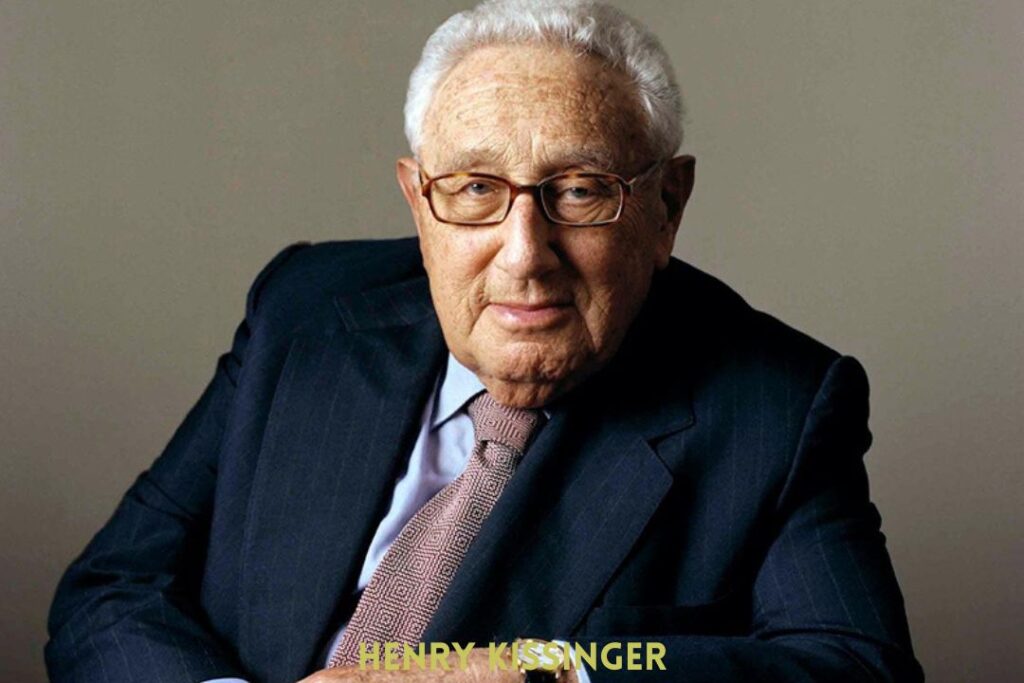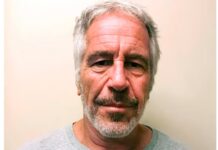Henry Kissinger, the former Secretary of State whose distinctive presence and resounding influence shaped America’s foreign policy landscape, passed away at the age of 100, according to his consulting firm.
Renowned for his commanding demeanor and influential maneuvering behind the scenes, Kissinger wielded unparalleled impact on global affairs during the tenure of Presidents Richard Nixon and Gerald Ford. Despite both acclaim and criticism, his name still sparks fervent discussions about historical foreign policy milestones.
Amidst the turbulence of the Watergate era, Kissinger’s authority rose, assuming a quasi-co-presidential role beside the embattled Nixon. Reflecting on this period later, Kissinger acknowledged a blend of vanity and an ominous foreboding of imminent catastrophe.
Who is Henry Kissinger?
Born Heinz Alfred Kissinger in Fuerth, Bavaria, on May 27, 1923, he fled Nazi Germany in his youth, settling in Manhattan where he assumed the name Henry. Over time, Kissinger cultivated the image of a revered statesman, delivering speeches, offering counsel to both Republican and Democratic figures, and overseeing a global consultancy. However, revelations from Nixon-era documents and tapes, gradually unveiled over the years, cast certain aspects of his actions in a harsh light.
Kissinger’s Complex Influence: From Foreign Policy Dominance to Legacy Debates
Following his government tenure, Henry Kissinger faced persistent critics who demanded accountability for his Southeast Asian policies and support of authoritarian regimes in Latin America. Across eight dynamic years as national security adviser and later as secretary of state, he navigated complex foreign policy landscapes. His initiatives included pioneering “shuttle diplomacy” for Middle East peace, forging secret channels to reconcile U.S.-China relations, and spearheading Paris negotiations to conclude the Vietnam War—albeit with Saigon’s subsequent fall to communism.

Henry Kissinger’s pursuit of detente with the Soviet Union yielded arms control agreements, offering hope that the incessant Cold War tensions and nuclear threats might not endure indefinitely.
Approaching his centennial year, Henry Kissinger’s son David described his father’s enduring legacy, remarking on his unwavering activity and indomitable character. In interviews leading up to his 100th birthday, Kissinger dismissed accusations of criminality regarding his foreign policy decisions as a reflection of ignorance, asserting that such intentions were neither conceived nor executed that way.
CM Punk’s Sensational WWE Return: Resurfacing the Wrestling world
Even in his final months, Henry Kissinger remained engaged in global affairs, meeting with Chinese leader Xi Jinping amidst strained bilateral relations. Echoing concerns from half a century prior, Kissinger warned of potential conflict recurrence in the Middle East, particularly following a surprise attack on Israel by Hamas.
Upon news of his passing, tributes poured in from prominent U.S. figures. Former President George W. Bush hailed him as a distinguished voice in foreign affairs, while former New York City Mayor Michael Bloomberg lauded Kissinger’s inexhaustible wisdom.
Recognized for his adherence to realpolitik, utilizing pragmatic diplomacy for practical ends rather than lofty ideals, Henry Kissinger had both supporters and critics. His authorization of telephone wiretaps and the Cambodian incursion in 1970 faced severe backlash, attributing the latter to the eventual rise of the Khmer Rouge and the tragic loss of millions of lives.
Throughout his life, Henry Kissinger faced enduring controversy and adulation, epitomizing the dichotomy of a complex figure in history. His candid remarks on power, women, and wartime diplomacy often polarized opinions and immortalized him as a lightning rod for decades.






[…] Renowned Statesman and Diplomat Henry Kissinger, Died at 100 […]
[…] Renowned Statesman and Diplomat Henry Kissinger, Died at 100 […]